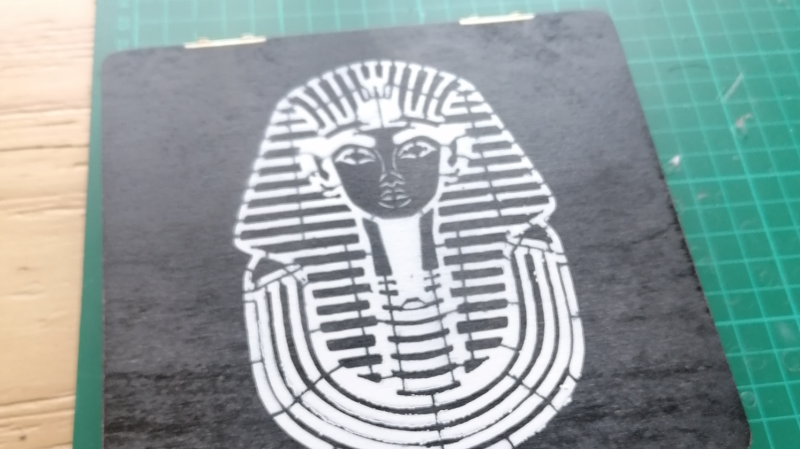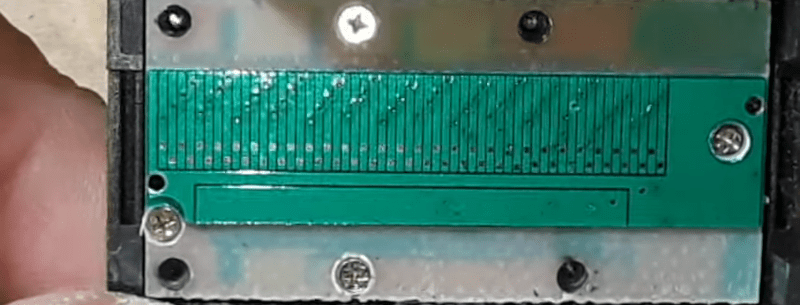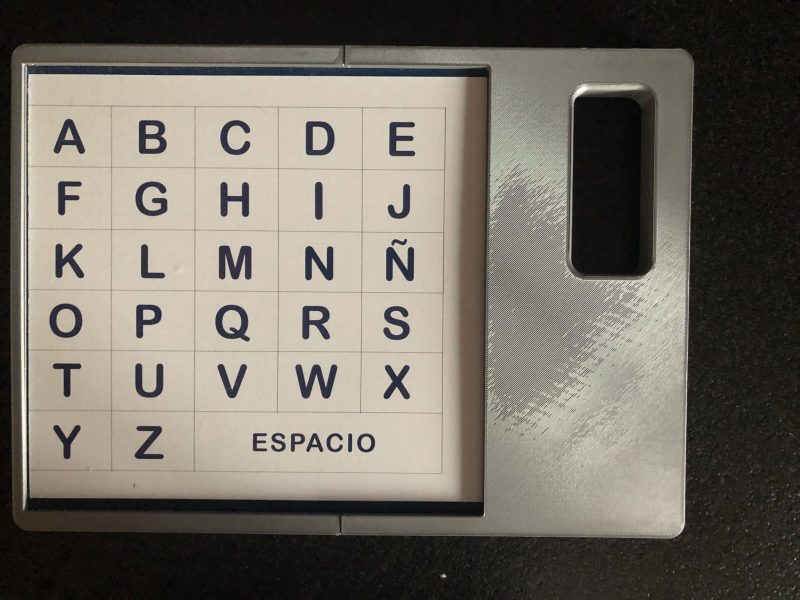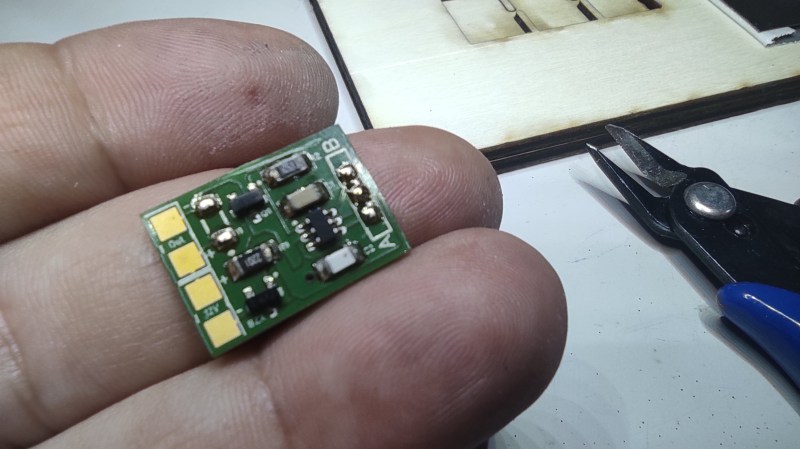The Egyptian Coin Box ‘Trick’

[James Stanley] likes to spend time making puzzles and gadgets for escape rooms, and decided for a change to try their hand at a bit of magic. The idea was …read more Continue reading The Egyptian Coin Box ‘Trick’
Collaborate Disseminate

[James Stanley] likes to spend time making puzzles and gadgets for escape rooms, and decided for a change to try their hand at a bit of magic. The idea was …read more Continue reading The Egyptian Coin Box ‘Trick’

If you do any kind of machining, 3D printing, or PCB layout, you probably have at least considered buying a pair of calipers. Old-fashioned ones had a dial and were …read more Continue reading Inside Digital Calipers

Have you ever known what you wanted to say but couldn’t figure out exactly how to say it? For some individuals, that’s all the time. The gap between intention and …read more Continue reading Hackaday Prize 2023: Bluetooth Spell To Speak

You can buy small modules with capacitive touch detection ICs — most often it’s the TTP223, a single-button capacitive model with configurable output modes. These are designed to pair with …read more Continue reading TTP223 Brings Simple Touch Controls to a LED Lamp
[CuriousMarc] likes to go to surplus stores even though there are fewer of them around. On a recent trip, he found a box that had some parts he thought would work for a temperature controller project. It was marked Dial-A-Level …read more
A lot of consumer gadgets use touch sensors now. It is a cheap and reliable way to replace a variety of knobs and switches on everything from headphones to automobiles. However, creating a custom touch controller for a one-off project can be daunting. A recent ACM paper shows how just …read more
Creating capacitive touch-sensitive buttons is easy these days; many microcontrollers have cap-sense hardware built-in. This will work for simple on/off control, but what if you want a linear, position-sensitive input, like you’d find on a computer touchpad or your smartphone screen? Not so easy — at least until now. Trill …read more
Continue reading Trill: Easy Positional Touch Sensors for Your Projects
Year on year, microcontrollers and development platforms are shipping with ever-increasing feature sets. In the distant past, if you wanted an analog to digital converter or a PWM driver, you had to tack extra ICs on to your design. Nowadays, it’s all baked in at the factory. Of course, you …read more
Continue reading Creating a Touch Pad Without Dedicated Hardware
Rotary encoders are critical to many applications, even at the hobbyist level. While considering his own rotary encoding needs for upcoming projects, it occurred to [Jan Mrázek] to try making his own DIY capacitive rotary encoder. If successful, such an encoder could be cheap and very fast; it could also in part be made directly on a PCB.
The encoder design [Jan] settled on was to make a simple adjustable plate capacitor using PCB elements with transparent tape as the dielectric material. This was used as the timing element for a 555 timer in astable mode. A 555 in this …read more
![]() Continue reading DIY Capacitive Rotational Encoder on the Cheap with FR4
Continue reading DIY Capacitive Rotational Encoder on the Cheap with FR4
Museum exhibits are difficult to make, and they’re always breaking down; especially the interactive ones. This is a combination of budget, building a one-off, and the incredibly harsh abuse they take from children.
My first exhibit is an interactive laser show that turns waveforms from music into laser patterns, and different types of music have very different patterns. I knew from talking to the museum staff that industrial buttons were a necessity, but it turns out that industrial buttons are made under the assumption that tiny creatures won’t be constantly mashing, twisting, and (ew ew ew) licking the buttons. After …read more